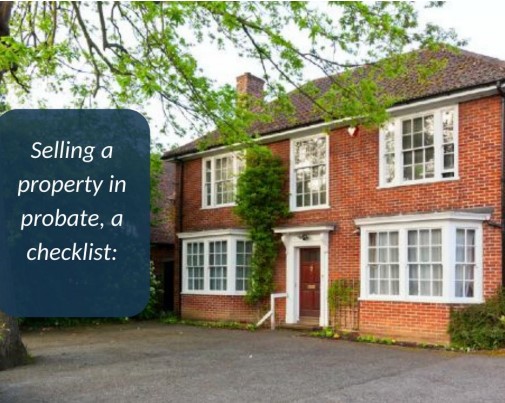How Has COVID-19 Affected The Property Market?
After slowly bouncing back from the trauma that was the financial crisis, many industry professionals were looking forward to a new decade filled with optimism and a housing market that would, over time become resilient again. Unfortunately, few would have guessed how the start of 2020 would have panned out with the outbreak of the coronavirus, and given that the UK’s economy is still in a delicate state due to the deadline of the Brexit negotiation period approaching, it couldn’t have come at a worse time.
Current figures from the Guardian state that up to 520,000 sales will be affected by the COVID-19 outbreak in 2020 as the government have placed a freeze on transactions – a drop of 38% and a potential death knell for many smaller high street estate agents.
Unfortunately, the bad news is likely to continue once the lockdown has ended as the rise in unemployment will impact heavily on the savings of many former prospective buyers, according to Howard Archer, chief economic adviser to the EY Item Club, who believes it could be some years before the housing market returns to the levels of late 2019, early 2020.
Of course, the property market is not a separate entity from the rest of the economy, and it’s strength is often indicative of how well other industries are performing – and it’s clear that the knock-on effect of the lockdown will be felt by many other retailers and service providers.
For example, as less houses are being bought, there is expected to be a dip of almost £8bn in DIY sales across the country during 2020, and removals companies are expected to lose almost £400m. These drops in profit for different sectors are also likely to result in redundancies, further limited the amount of money that workers can place into savings.
Strangely enough, the property portal Rightmove has reported that there has only been a 2.6% drop in property stock since the outbreak, with asking prices falling by only 0.2%. By time the lockdown is over, however, many experts are warning that the average house may lose up to 10% of its value. While this is fantastic news for those who are able to buy a house outright without borrowing any money, those who have been planning to sell for a while are likely to face further hardship they find the profit margin on their home squeezed to a minimum.
“We think it will take several months or more for the market to find its feet in this new unsteady world,” said Miles Shipside, who sits on the board of directors for Rightmove.
“During this slow-motion period we do not expect significant price falls, as home sellers will not be prepared to cut their prices while it is still not clear how the general public, businesses, financial markets, and the government are going to handle the transition to whatever turns out to be the new normal.”
As we are only in the early stages of the consequences of the virus outbreak, it is extremely hard to judge how the property market will look once the economy is back on the road to recovery. However, if the longer the lockdown lasts, the more disastrous the results are expected to for disastrous for small businesses – but if the lockdown is lifted too soon, we may as a nation find ourselves facing a second wave of infections, and this could damage the economy further.
Are you worried about selling your house during the lockdown? Why not ask National Homebuyers for advice, as we buy any house. Call 08000 443 911 or request a call back to find out how much you could get for your property before it’s too late.






